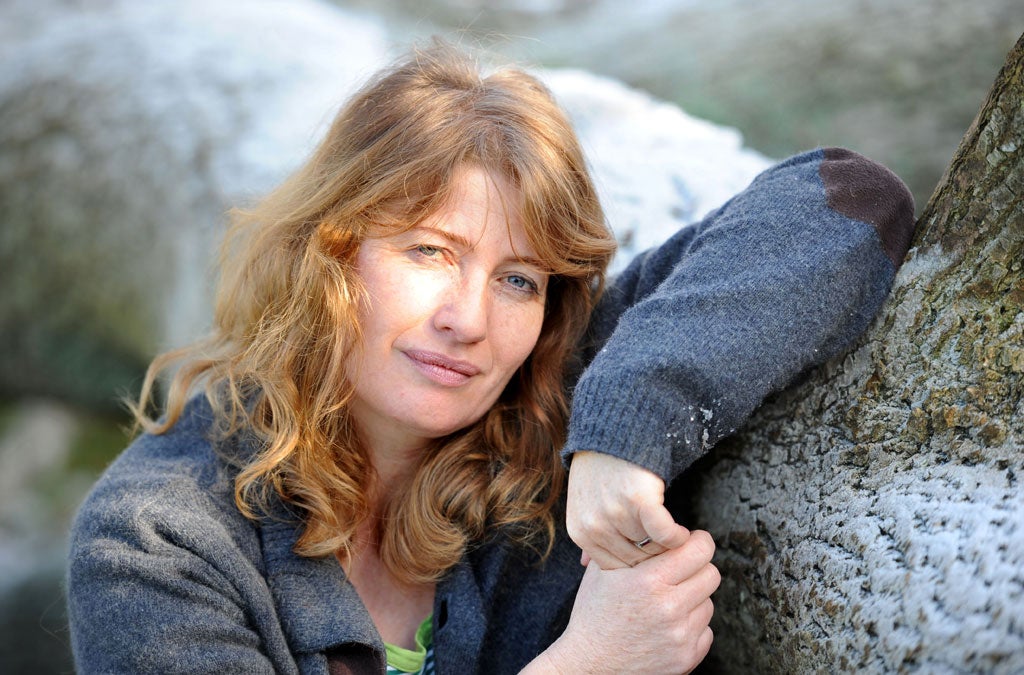
Your support helps us to tell the story
From reproductive rights to climate change to Big Tech, The Independent is on the ground when the story is developing. Whether it's investigating the financials of Elon Musk's pro-Trump PAC or producing our latest documentary, 'The A Word', which shines a light on the American women fighting for reproductive rights, we know how important it is to parse out the facts from the messaging.
At such a critical moment in US history, we need reporters on the ground. Your donation allows us to keep sending journalists to speak to both sides of the story.
The Independent is trusted by Americans across the entire political spectrum. And unlike many other quality news outlets, we choose not to lock Americans out of our reporting and analysis with paywalls. We believe quality journalism should be available to everyone, paid for by those who can afford it.
Your support makes all the difference.Belinda Bauer's third book represents a remarkable achievement: almost a return to the good old Victorian triple-decker novel of suspense, but created with a deftness that allows each book to stand alone. Throughout Blacklands and Darkside, her previous novels, ran the stories of characters in an Exmoor village, notably two people whose lives became intertwined: the young boy, Steven, and the village policeman, Jonas Holly. Steven lured a serial child-killer out of jail and into a trap, but encountered Holly and his wife, Lucy, who died in circumstances which have haunted Steven since.
We don't need to have read the previous books to be seized straight away by the plot of this one. Children left alone in parked cars have been disappearing with the parents finding only a note saying "You don't love him", or her. Caught up in this maelstrom of mystery and guilt, Steven is by now an older and a wiser boy, developing a delicate teenage love affair with Em, the pony-loving daughter of a rich landowner. This isn't the traditional squirearchy, however, but a representative of the new class of incomers willing to break with local tradition.
Out of this conflict between the new forces at work and the threatened order of the countryside comes the grotesque psychopathy that generates the cruelty and violence at the heart of the book. Nowhere is the conflict more acute than in the ranks of the local hunt, forced to disband and get rid of most of the hounds. Steven soon gets involved in the turmoil, and so, alongside him, does PC Holly. The police personnel brought in to try to locate the missing youngsters reflect the new dispensation, too. As DI Reynolds reflects, he hadn't got a first in criminology and a 2.1 in law so that he could return to a primitive past, to "lynch monkeys and burn witches". He is consciously making a powerful effort to ignore ancient prejudices.
The story rushes along on a tide of suspense, but creates a plausible cast of characters, including Steven's harsh and twisted family, from whom he is at last extracting some elements of reluctant affection. The solidity of this background, and the brisk actuality of Bauer's observation, give the macabre events centre-stage a hellish reality. Is this what really happens on the new Cold Comfort Farm?
Join our commenting forum
Join thought-provoking conversations, follow other Independent readers and see their replies
Comments